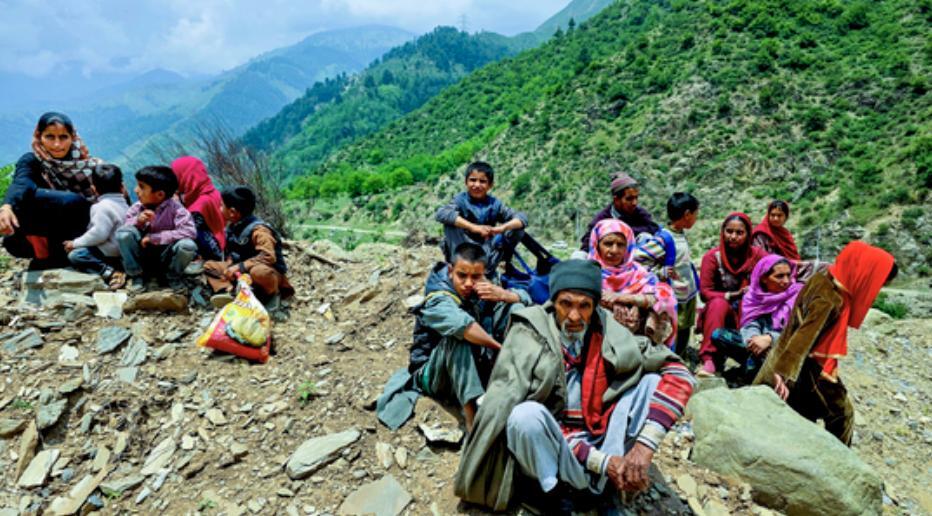
Can’t Trust Pak: J&K Residents on Returning Home After Ceasefire
The recent ceasefire agreement between India and Pakistan has brought a temporary reprieve to the residents of Jammu and Kashmir’s border areas, which have been reeling under the impact of heavy shelling and violence. However, despite the easing of tensions, many residents are hesitant to return to their homes, citing a lack of trust in Pakistan’s intentions.
The residents of these border areas have been forced to flee their homes due to the intense shelling and violence that has been ongoing for several days. The situation has been particularly dire in areas like Rajouri, Poonch, and Mendhar, which have been hit by heavy artillery fire and mortar bombs.
“I am desperate to go to my village because I can’t open my shop,” said a resident of Mendhar, who wished to remain anonymous. “But people still believe war isn’t over. We can’t trust Pakistan, and we don’t know what they will do next.”
The resident’s sentiments were echoed by many others in the region, who expressed a deep sense of unease and uncertainty about the situation. “We have seen the destruction caused by Pakistan’s shelling, and we are not willing to take the risk of returning to our homes until the situation is stable,” said another resident.
The residents’ fears are not unfounded, as the recent clashes between India and Pakistan have resulted in significant damage to property and infrastructure in the region. Many homes have been reduced to rubble, and crops have been destroyed, leaving thousands of people without access to food and other essential supplies.
The Indian government has been working to provide relief to the affected areas, with teams of medical professionals, engineers, and other officials being deployed to the region to provide assistance. The government has also set up relief camps in various parts of the state to provide shelter and food to the displaced residents.
Despite these efforts, many residents are still struggling to cope with the aftermath of the violence. “We have been living in these relief camps for weeks, and it’s not easy,” said a resident of Rajouri. “We miss our homes and our livelihoods, but we are afraid of what will happen if we go back.”
The situation in Jammu and Kashmir is complex and sensitive, with both India and Pakistan claiming sovereignty over the region. The two countries have a long history of conflict over the issue, which has resulted in several wars and numerous instances of violence and terrorism.
The recent ceasefire agreement is seen as a positive step towards reducing tensions between the two countries, but many residents are skeptical about its prospects for success. “We have seen many agreements in the past, but they have all broken down,” said a resident of Poonch. “We need to see sustained efforts from both sides to build trust and confidence before we can return to our homes.”
In conclusion, while the recent ceasefire agreement between India and Pakistan has brought a temporary reprieve to the residents of Jammu and Kashmir’s border areas, many residents are still hesitant to return to their homes due to a lack of trust in Pakistan’s intentions. The situation in the region is complex and sensitive, and it will require sustained efforts from both countries to build trust and confidence before the residents can return to their homes.






